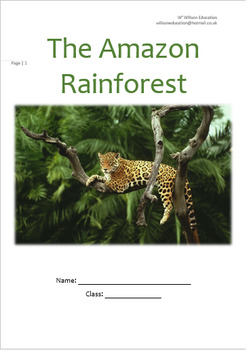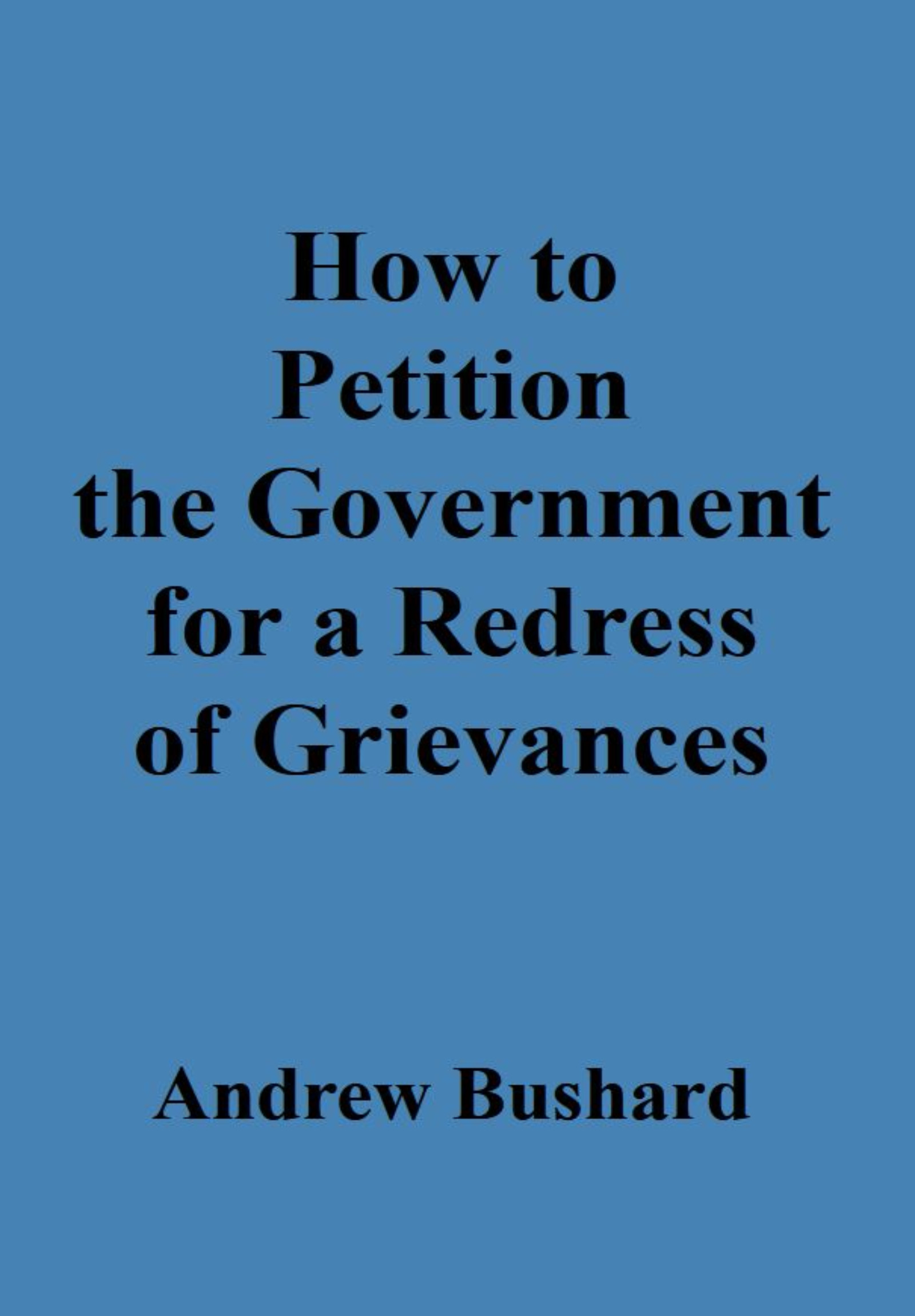This unit of work helps students to explore the Amazon Rainforest from the definition of what a rainforest is through to how we and others utilise it. The booklet begins by looking at the world’s biomes, their characteristics and where they are found. The difference between these and ecosystems is investigated, alongside the ecosystem diamond. What defines a rainforest is learnt through drawing and interpretating climate graphs and the nutrient cycle which runs the rainforest.
The structure of the rainforest is investigated through poetry before looking into how plants have adapted to thriving in the rainforest as well as its inhabitants, including animals and tribes’ people – The Kayapo Tribe, The Yanomami Tribe, The Matsés Tribe and The Awá Tribe. The students develop their fieldwork skills by field sketching the Iguazu Falls.
Some of the foods the rainforest provides us are explored through a taste session while other items which are commonly found at home are explored including medicines. Positive and negative impacts we have on tropical forests are discussed with the students debating which strategies would be best to use going forward.
The booklet concludes with the students being given background, the Brazilian governments plan and the effects on the areas environment for them to answer what the benefits there would be for developing the gas resources found at Urucu.
A range of individual and group activities are incorporated within this booklet, including, gathering research from print and video, interpretating poetry, drawing a storyboard, annotating maps, their thoughts, and ideas, drawing graphs and field sketches, completing word-fill paragraphs, asking and answering questions put to others, comparing lifestyles and the completion of an entertaining ‘could you survive in the rainforest?’ quiz.
Please like and follow us on Facebook @WillsonEducation, Instagram @willsoneducation and Pinterest @willsoned for more exciting resources, activities, and upcoming events to incorporate into your lessons.
| Category | Other, Science, Social Studies |
| Tag | 10th Grade, 6th Grade, 7th Grade, 8th Grade, 9th Grade, Homeschool, Other |





Write a Review
Leave a reply Cancel reply